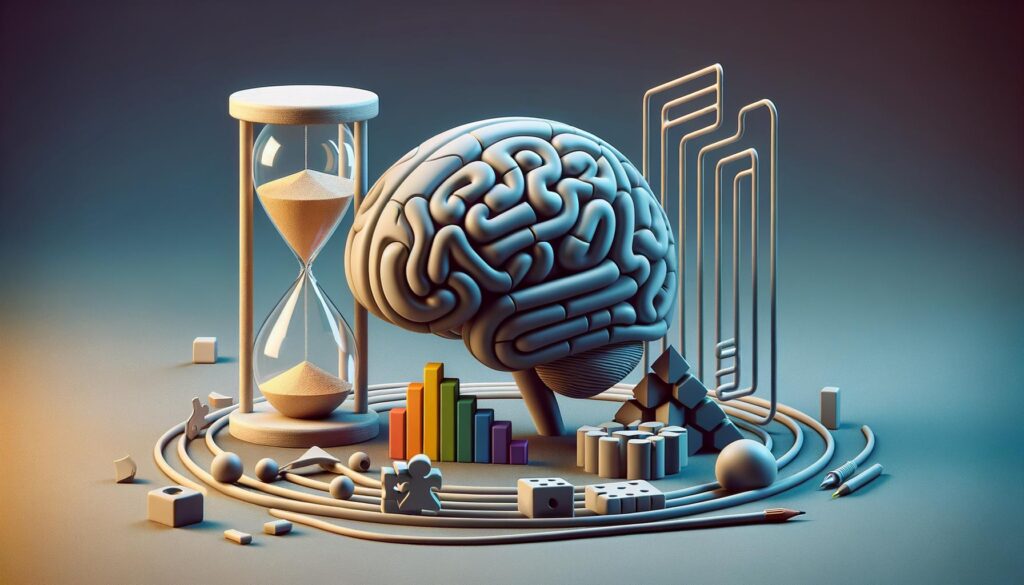Understanding ADHD Testing for Adults: A Comprehensive Guide

Recognizing Symptoms of ADHD in Adults
Attention Deficit Hyperactivity Disorder (ADHD) is not limited to children. In fact, many adults may not realize they have ADHD until symptoms begin to interfere with their work, relationships, and overall quality of life. Adult symptoms can differ from those commonly observed in children, making it necessary for individuals to become familiar with what these might look like.
Adults with ADHD may experience:
- Difficulty concentrating or staying focused on tasks
- Chronic disorganization and inability to manage time
- Trouble following through on commitments or completing projects
- Tendency to be forgetful or frequently misplace things
Identifying these signs early can prompt adults to seek evaluation and diagnosis, which is the first step towards managing symptoms effectively.
The Importance of Comprehensive ADHD Testing
For adults suspecting they may have ADHD, comprehensive testing is crucial. The process involves more than just observing behavior; it requires a detailed evaluation by a qualified healthcare professional. This evaluation typically includes interviews, questionnaires, and sometimes computer-based testing.
As part of the assessment, a clinician will often delve into:
- The individual’s detailed personal and family medical history
- A discussion about past and present symptoms
- Information from third parties, like family members or coworkers, who can provide additional insights
Testing aims to rule out other possible conditions with similar symptoms, such as anxiety, depression, or learning disorders, and ensure the most accurate diagnosis is made.
Steps Involved in ADHD Testing for Adults
The testing process for ADHD in adults can appear daunting, but understanding the steps can demystify it significantly. The process generally follows several key stages:
- Initial Screening: This step involves a preliminary check to assess symptoms that may warrant a detailed evaluation.
- Clinical Interview: In-depth interviews with the patient and possibly with family members or close contacts to discuss behavior patterns.
- Behavioral Questionnaires: Standardized tests and forms completed by the individual or those close to them to provide quantitative data on symptoms.
- Psychoeducational Tests: Occasionally, additional tests may be implemented to evaluate attention span, working memory, and executive functioning.
These steps collectively provide a comprehensive picture of the individual’s cognitive and behavioral health, forming the basis for diagnosis and treatment planning.
Working With Professionals for Accurate Diagnosis
When seeking ADHD testing, it is crucial to connect with healthcare professionals who specialize in diagnosing and treating ADHD in adults. Psychologists, psychiatrists, and neurologists often possess the expertise necessary to navigate this complex disorder.
When selecting a professional:
- Ensure they have experience specifically with adult ADHD
- Check for good communication skills and the ability to explain the testing process clearly
- Look for someone open to discussing and differentiating ADHD from other mental health issues
A professional approach will guarantee not only an accurate diagnosis but also provides insights into a tailored treatment plan to manage symptoms effectively.
The Path Forward After Diagnosis
Once diagnosed, many adults may feel a sense of relief in finally understanding the root of their challenges. Following an ADHD diagnosis, individuals can begin exploring treatment options and management strategies that suit their lifestyle and preferences.
Effective strategies may include:
- Medication prescribed by a healthcare professional to manage symptoms
- Cognitive-behavioral therapy to develop coping skills
- Support groups to connect with others facing similar challenges and shared experiences
Implementing these strategies can greatly improve daily functioning and overall quality of life, proving the benefits of pursuing an ADHD evaluation and diagnosis.
Conclusion
For adults suspecting ADHD, understanding and pursuing comprehensive testing is a crucial step. While the diagnosis may seem daunting, it opens the door to effective management and a better quality of life. Recognizing symptoms, seeking professional evaluation, and implementing appropriate treatment strategies will help individuals navigate their ADHD journey confidently.
